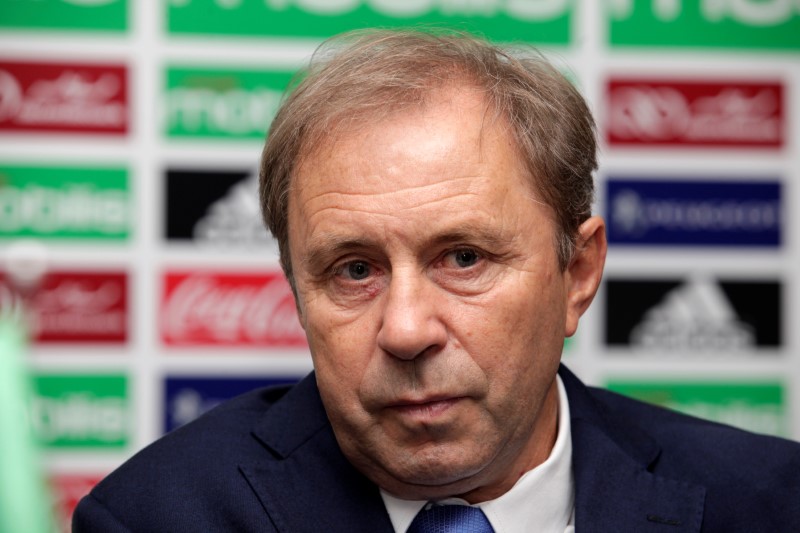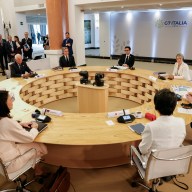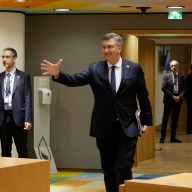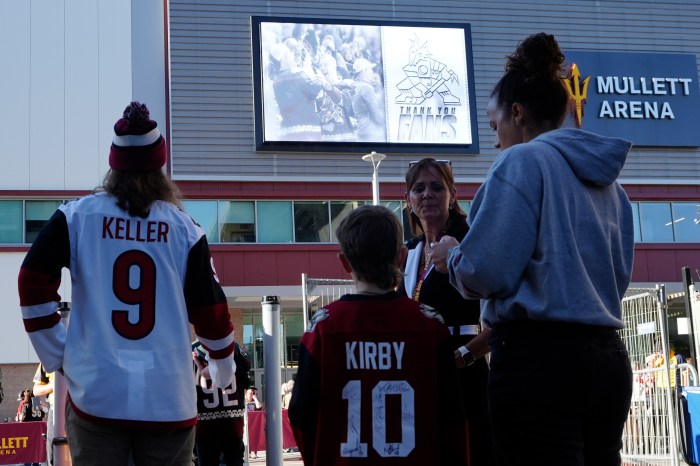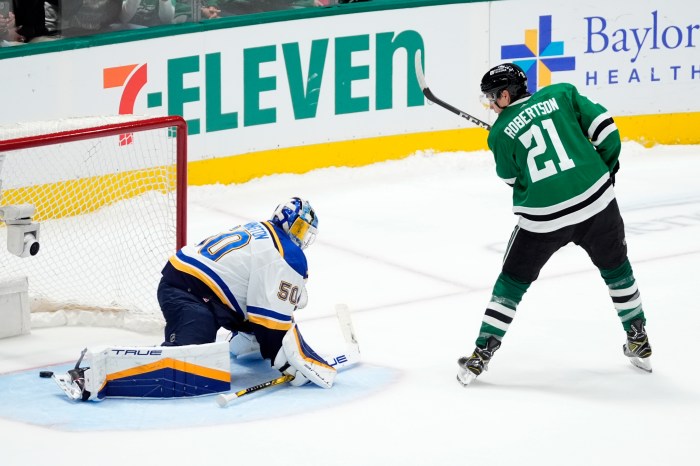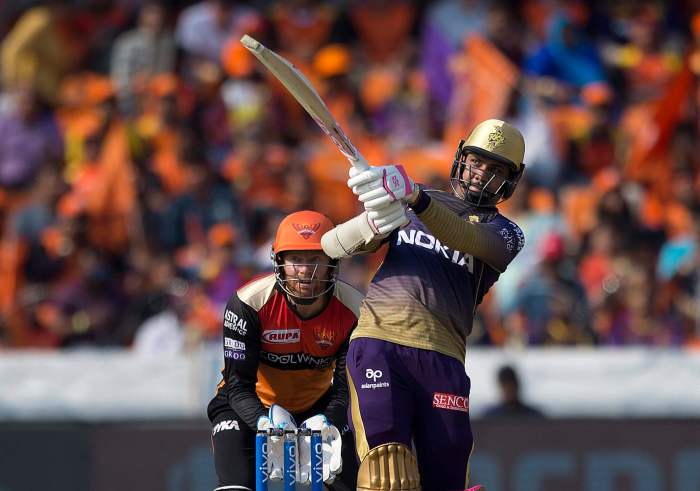By Michael Church
HONG KONG (Reuters) – China’s beleaguered national team would benefit from having fewer competing coaching philosophies across the Chinese Super League, former Ghana coach Milovan Rajevac has told Reuters.
Rajevac, who steered the Ghanaians to the 2010 World Cup quarter-finals and is now head coach of Thailand, worked in China as an assistant coach with Beijing Guoan when the nation qualified for their first and only appearance at the World Cup finals in 2002.
He feels China’s domestic-based players are having to deal with too many conflicting methodologies when they play for their clubs and their country.
“There were many Serbian coaches working in the clubs there at that time and Bora Milutinovic was the head coach of the national team, so there were similar characteristics, similar personalities,” Rajevac said in an interview.
“The best clubs were led by Serbian coaches, like Dalian and Shandong. It was a similar mentality, a similar style and Bora did a magnificent job. It was the greatest success in the history of Chinese football.”
But things are different now with Chinese clubs opting for coaches from different regions, Rajevac said.
“It’s difficult to adapt quickly to get to know anything because the players from China and from the other countries, they are different,” he said. “You have to adapt quickly to see how to handle them and there are many reasons.
“It doesn’t mean if you pay the most money that you’ve bought the best quality.
“There can be many reasons for that, but if you look at the league and the number of players and the effort they’re making, they should be challenging more for qualification for the World Cup. Their results should be better.”
In recent seasons China has lured leading coaches from around the world, with World Cup winners Luiz Felipe Scolari and Marcello Lippi in charge of Guangzhou Evergrande and the China national team respectively.
Andre Villas-Boas is head coach of Shanghai SIPG and former England manager Fabio Capello was recently appointed at Jiangsu Suning.
Of the 16 clubs in the Chinese Super League, only two are managed by local coaches. A total of nine different nationalities work in the country’s top flight, with those from South Korea, represented by three coaches, making up the largest contingent.
Despite the huge involvement of foreign experts in the game, China’s national team continues to struggle and is on the verge of exiting Asia’s qualifying competition for a place at next year’s World Cup in Russia.
Rajevac sees similar problems affecting China’s national team to the one he has encountered in Thailand since taking over as head coach in May.
“You cannot achieve high quality in a short period of time. There is always quite a big difference in quality between the foreign players and the local players,” he said.
“It’s a similar problem here in Thailand. If you look at the teams, the key players, especially the center forwards, are mostly from abroad and it’s difficult to find a player for that position here.
“Some key positions in the team, they are usually covered by players from abroad and they are making a difference. It’s not easy to develop local players.”
(Reporting by Michael Church; editing by Sudipto Ganguly)

